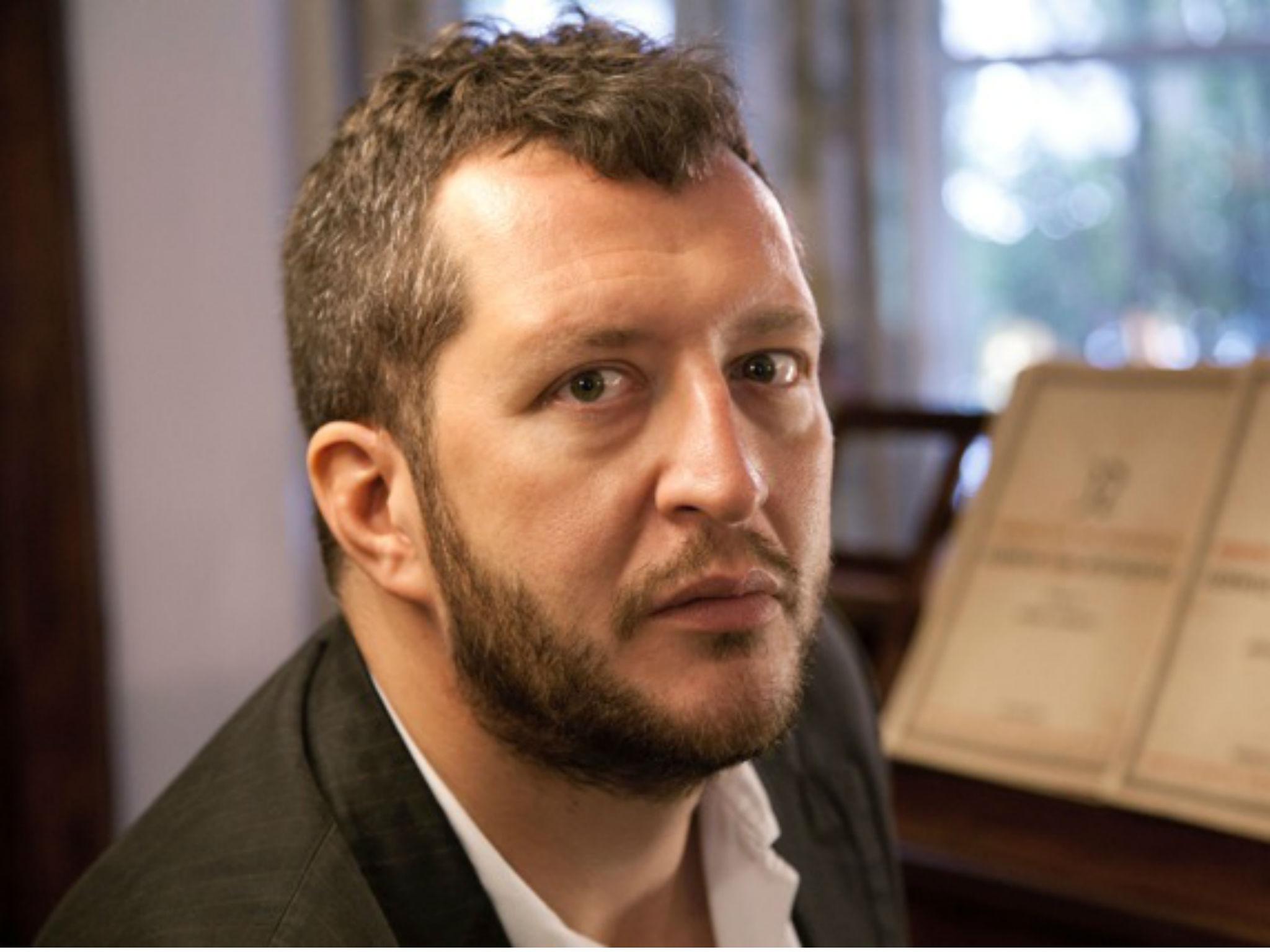Thomas Adès Day 'Arcadiana', Wigmore Hall, London, review: An ideal route into his sound world
The Wigmore Hall explored the composer Thomas Adès in a day-long programme of chamber music, including his own string quartet 'Arcadiana' and a performance of his Concerto consiso with the Birmingham Contemporary Music Group

Your support helps us to tell the story
From reproductive rights to climate change to Big Tech, The Independent is on the ground when the story is developing. Whether it's investigating the financials of Elon Musk's pro-Trump PAC or producing our latest documentary, 'The A Word', which shines a light on the American women fighting for reproductive rights, we know how important it is to parse out the facts from the messaging.
At such a critical moment in US history, we need reporters on the ground. Your donation allows us to keep sending journalists to speak to both sides of the story.
The Independent is trusted by Americans across the entire political spectrum. And unlike many other quality news outlets, we choose not to lock Americans out of our reporting and analysis with paywalls. We believe quality journalism should be available to everyone, paid for by those who can afford it.
Your support makes all the difference.While London awaits the British premiere of Thomas Adès’s third opera The Exterminating Angel at the Royal Opera House next month, the Wigmore Hall consecrated a full day to his music and influences.
The evening culminated in performances of Adès’s own Concerto Conciso with the Birmingham Contemporary Music Group, and Arcadiana, his first quartet written in 1994 evoking lost idylls. Set around these, Adès played piano works by his sometime teacher Kurtág, Officium breve and Selections from Játékok – successions of short fragments with their compelling, atomised focus on sonority. Alongside these were A Selection from Intimate Sketches and first Piano Sonata by Janáček, one of his constant favourites, showing off how Adès’s marvellously liquid touch invariably remains subservient to his rigorous mastery of structure. Concluding the first half was Gerald Barry’s Octet which sets up tensions which then explode, and for whom Adès recently conducted the UK premiere of Alice's Adventures Under Ground.
It was a rewarding exercise in sharpening the focus on one of Britain’s leading composers. Adès praised one of Kurtág’s great insights in that although what was on the page must be respected absolutely, it was nevertheless only a map, not the thing itself. You have to have a sense of the sound behind it – exactly what this day provided: an ideal route into Adès’s sound world.
Join our commenting forum
Join thought-provoking conversations, follow other Independent readers and see their replies
Comments